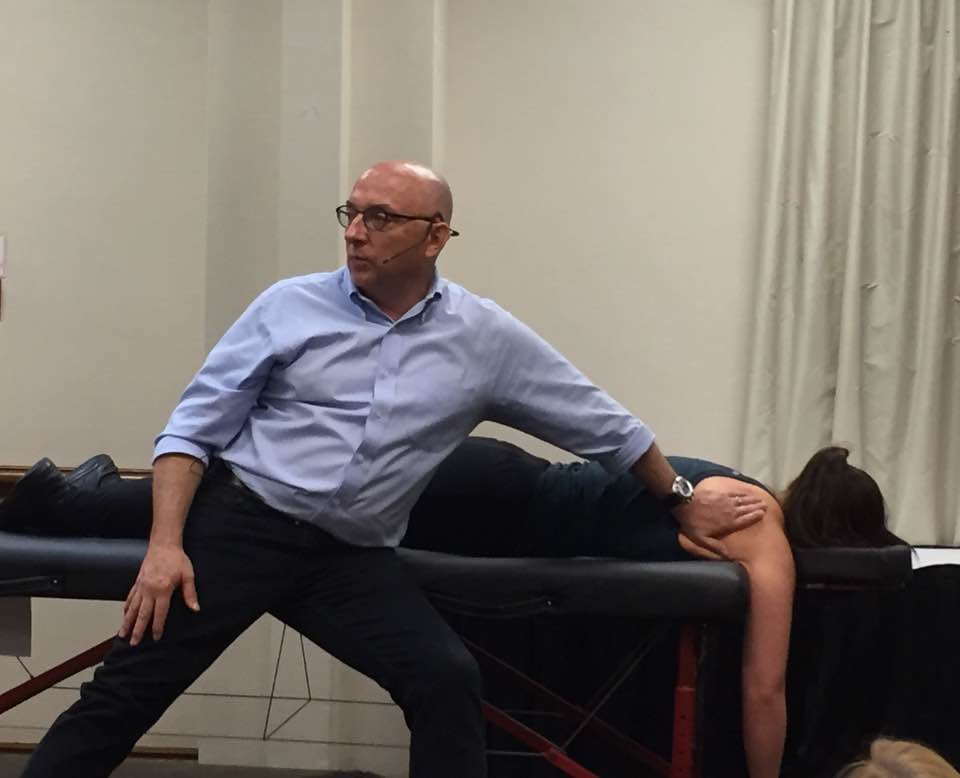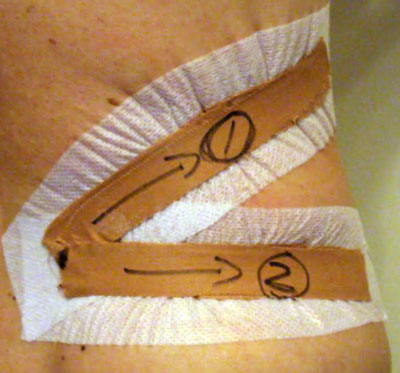Keeping Active May Be Key to Colon Cancer Recurrence

A new study suggests that postoperative physical activity could be a vital strategy for patients diagnosed with stage III colon cancer, potentially preventing or delaying the recurrence of the disease.
This pivotal research was based on a cohort study nested within a randomized trial, involving 1696 patients who had undergone surgical resection for stage III colon cancer. The primary aim of the study was to determine whether physical activity after surgery could impact the rate of cancer recurrence.
Patients’ physical activity levels were determined based on their self-reports during and after chemotherapy. Researchers classified patients as either physically active (engaging in at least 9 Metabolic Equivalent Task hours per week – equivalent to roughly 150 minutes of brisk walking each week, in line with the current physical activity guidelines for cancer survivors) or physically inactive (less than 9 MET-h/week).
During the follow-up period that lasted for a median of 5.9 years, 457 patients experienced a recurrence of the disease or death. Strikingly, the research found that the risk of recurrence in physically active patients never exceeded that of physically inactive patients throughout the entire follow-up period. This suggests that keeping active may not just delay but actually prevent cancer recurrence in some patients.
Most notably, researchers observed a significant disease-free survival benefit associated with physical activity during the first year after surgery. Active patients had a 32% lower risk of disease recurrence or death compared to their less active counterparts within this period.
Similarly, a notable overall survival benefit associated with physical activity was observed during the first three postoperative years. Physically active patients had a staggering 68% lower risk of disease recurrence or death.
In conclusion, this research provides compelling evidence that physical activity after surgery could enhance disease-free survival by lowering the recurrence rate within the first year of treatment. Notably, this appears to translate into a survival benefit overall.

